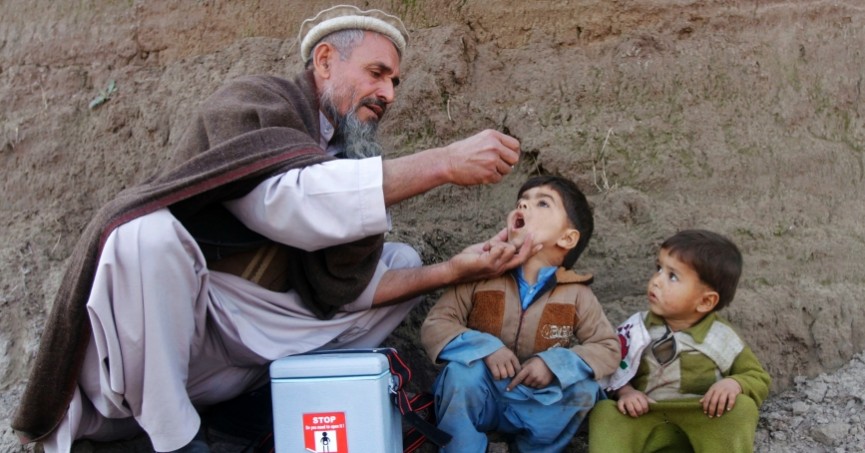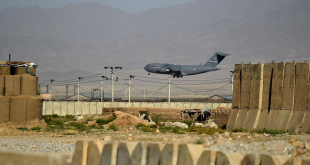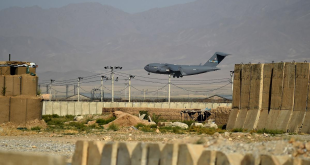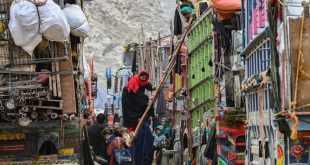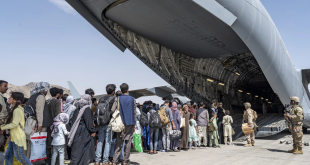Polio is a dangerous disease injects to body and case a crippling virus. It attacks the nervous system of human body. Children under 5-year are mostly prone to this endemic disease. Efforts to eradicate polio around the world began in 1988, with support of World Health Organization (WHO), the Rotary Foundation and the United Nations Children Fund (UNICEF). The efforts was a win-win situation as the number of annual diagnosed cases has reduced dramatically.
As a war-torn country, Afghanistan has been seriously suffering from the polio epidemic since long time. Based on the Ministry of Public Health (MoPH), there were 28 cases of polio in 2014 and 20 cases in 2015, and 13 cases were recorded in 2016. And these were reported from various corners of the country. As a matter of fact, the decreased number of polio cases in three years is very much encouraging.
The MoPH on Sunday launched a polio vaccination campaign with the technical and financial support of World Health Organization (WHO) and United Nations Children’s Fund (UNICEF) to achieve the goal of polio-free Afghanistan in 2017.
The campaign would cover 5.6 million children in all the southern and south-eastern regions of the country, including Kabul, the capital city. Extension of polio-campaign to the insecure districts is a significant move. This week’s campaign is carried out by over 31,000 trained polio workers.
Director of the National Emergency Operation Center for Polio Eradication, Dr. Maiwand Ahmadzai said, “The campaign against polio would build on strong progress seen in 2016. Last year Afghanistan had only 13 cases of polio nationwide, down from 20 in 2015. This could not be able, unless hard work by thousands of frontline polio staffers and a renewed emphasis on monitoring and oversight. Where there is a human being, there is an opportunity of kindness. The polio workers are just like soldiers in the frontline to save children from polio with only two drops of vaccine. They have taken responsibility of helping humans on their shoulders. They should spare no efforts to cover all children in their assigned regions. Aristotle, a well-known philosopher, said, “Public lives are more virtues than the private.” The government should take bold steps in safeguarding polio workers at the line of duty.
Religious scholars have already lends support toward polio drive. With no doubt, Mullahs, elders, teachers, students, and media outlets could play a vital role in improving public awareness among people against polio disease. The public support and their contribution could support polio eradication program. At first place, transparency and accountability in vaccination program is more important. This should also be beard in mind that those children crossing borders should not be missed of polio drops. These elements are key to achieve the goal of polio-free Afghanistan. Nothing is impossible when there is a clear intention.
 Afghanistan Times
Afghanistan Times
